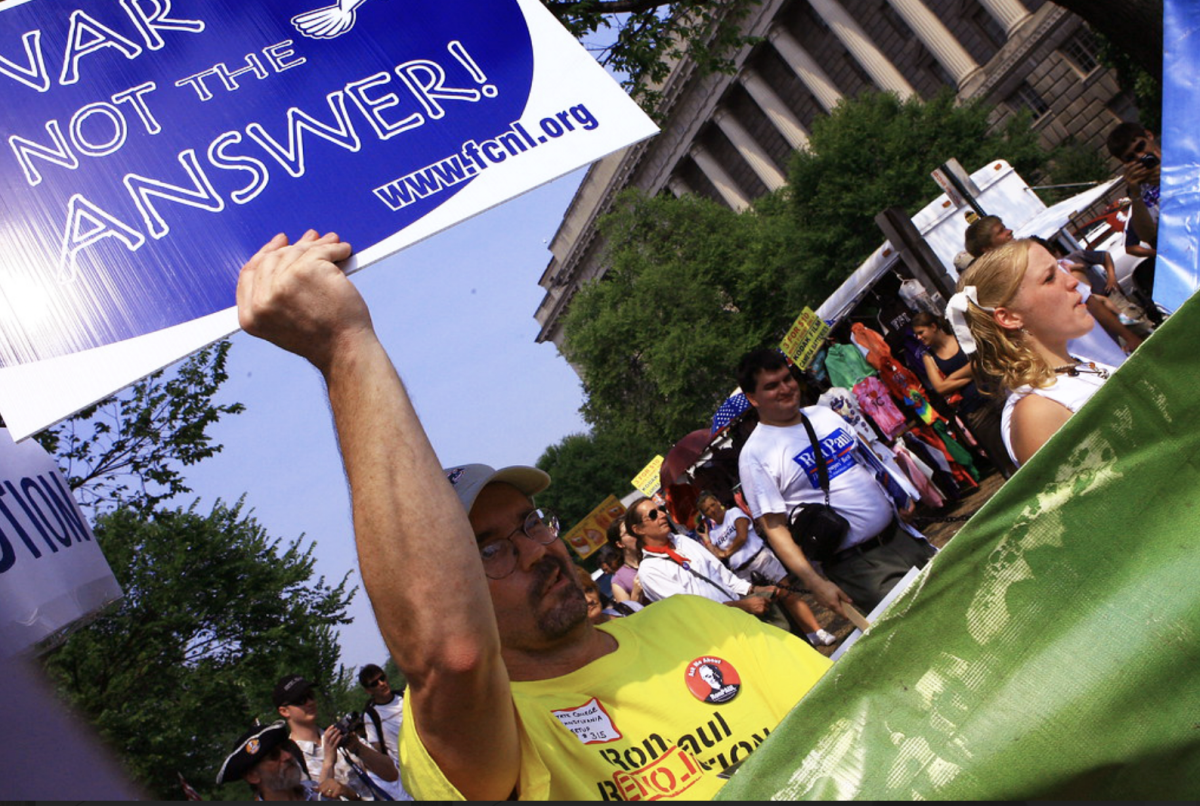The Friends Committee on National Legislation (FCNL) held the 2024 Spring Lobby Weekend from March 16 to March 19. Sophomores Sophie Cao, Ivaylo Guenov, Ethan Huang, Osewe Ogada, Eyob Sisay, junior Peppin Thomas, and senior Kevyn Orr attended the event.
The FCNL typically invites college students from across the U.S. to work on lobbying skills, advocacy and the logistics of impacting Capitol Hill. Each year, the FCNL chooses a specific issue — out of the thirteen listed on their site — and a bill related to the issue for the participants to study. They host workshops to educate participants about effective advocacy strategies, and then they send the participants to lobby for change throughout Spring Lobby Weekend.
This year, the FCNL selected the bill S.1723/H.R. 7227: Truth and Healing Commission on Indian Boarding School Policies Act for Native American rights. If the bill passes, it would establish a federal commission to investigate the policies of America’s Indian boarding schools, which separated Native American children from their parents for more than a century.
Cao organized the event because of her interest in lobbying in a ninth-grade studies class, which inspired her to gather students interested in participating. She contacted FCNL and 9th Grade Dean Dr. Laura Barrosse-Antle to chaperone the event and convinced the Center for Ethical Leadership Coordinator Alex McCoy to offer service hours to students who attend.
Barrosse-Antle agreed to chaperone the excursion. She expected to grade homework while the students were lobbying, but Barrosse-Antle was drawn to the FCNL-run workshop and breakout sessions. She appreciated the trip and considered it a learning experience for the Sidwell students and herself.
“I learned a lot about Indian American boarding schools,” said Barosse Antle “It was just so cool to see our students sitting up front and tackling this topic and this project by themselves.”
Barrosse-Antle believed that the controversy surrounding American boarding schools being created solely to assimilate Native American children culturally is not well-known, and she explained that “[i]t really is a hidden history.”
Sisay explored the efficacy of the FCNL’s story-based approach to lobbying. “Personal testimony creates a human-to-human connection,” Sisay said.
Cao added that instead of “simply voting [for] representatives,” she wants students to acknowledge that lobbying allows them “to know that they have a voice they can use to create change.” She recommends lobbying to students who are interested in honing their public speaking skills.
After her lobbying experience, Cao hopes that the congresspeople or senators support this legislation. If the bill does not pass, Cao, Guenov, Huang, Ogada and Sisay plan to integrate opportunities for Sidwell students to lobby at Spring Lobby Weekend in upcoming years with Cao’s club, FCNLxSidwell.
The FCNLxSidwell club will partner with other “issue-oriented” clubs, such as Friends Environmental Action Team (FEAT), Gender-Sexuality Alliance (GSA), Autism Awareness Club and Refugee Support and Awareness Club (RSA). FCNL and Sidwell will hold joint meetings to teach students the basics of lobbying to take the clubs’ issues to Congress.
Ogada also highlighted the importance of lobbying for high school students. “When enough people come together — making calls, writing — lobbying can have a large effect and affect policy. Cynicism can’t become the norm; the ability to create change is inscribed in the Constitution,” Ogada said.











































